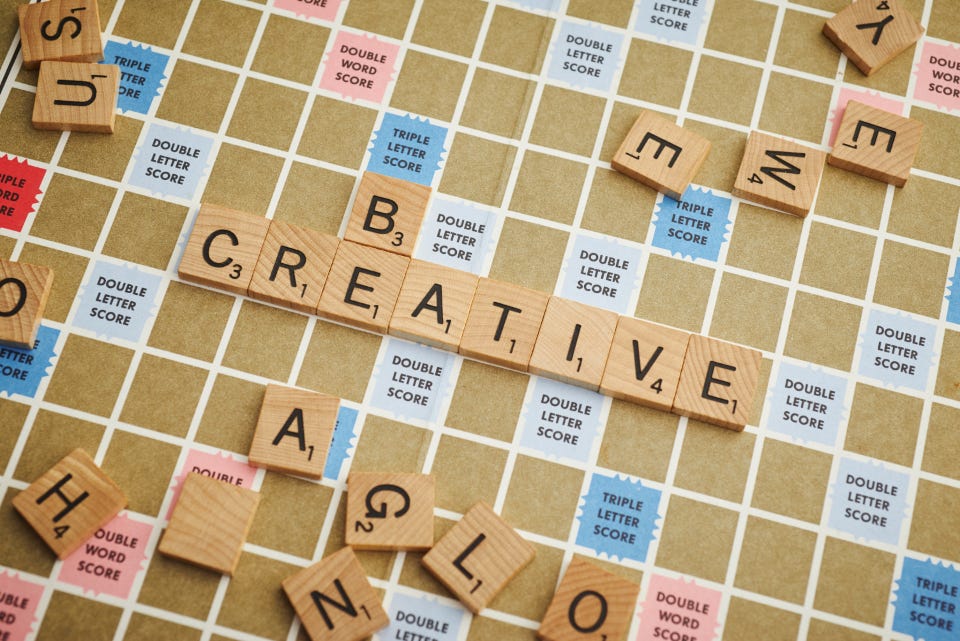The words we read, and why we bother
There's a crucial question nobody has bothered to answer yet about synthetic content.
Creative people all over the world have been nervous of late as they witness the onslaught of emerging technical tools associated with what most call “AI” (“synthetic content” is a more accurate description in most cases). Many of these folks, who produce a wide variety of visual art, compositions, video, and other creative media, intuitively know what these tools really are: real-time experiments in the erasure of human-derived output.
If that sounds ominous or even a bit Orwellian, well, welcome to bleak reality. There are good reasons to be despondent, or even alarmed, at the heedless push toward AI-based integrations currently underway across the entire creative economy. But even as company after company hires, fires, and massively realigns to hop aboard the Magic Cost-Saving Robot Express, they continue not to ask a very salient question:
You would think companies would maybe do a little research to see if people actually want to read synthetically-derived content from something that isn’t another human being. Yes, people are querying ChatGPT and other tools with curiosity about what it will say, and it can be a little creepy just how human-like it seems. But they know it’s a machine. That’s part of the fun. It’s hardly an indication readers want to replace the creative human-derived output they consume with a cleverly constructed simulation of what people already do.
Maybe there are some topics for which a synthetic author might conceivably find itself on the same level of trustworthiness as an organic one. Perhaps there are consumers of creative content who will not care either way, as long as its accurate (and not, say, telling people to eat rocks). We don’t know. Nobody knows. But companies are betting many hundreds of billions of dollars on it anyway.
It’s quite a financial gamble, to be sure. While we watch it play out, let’s not get too despondent. Chances are very good that a great many people will continue to prefer reading/watching/interacting with content that other people created, even if the synthetic output gets so accurate they can no longer tell the difference.




